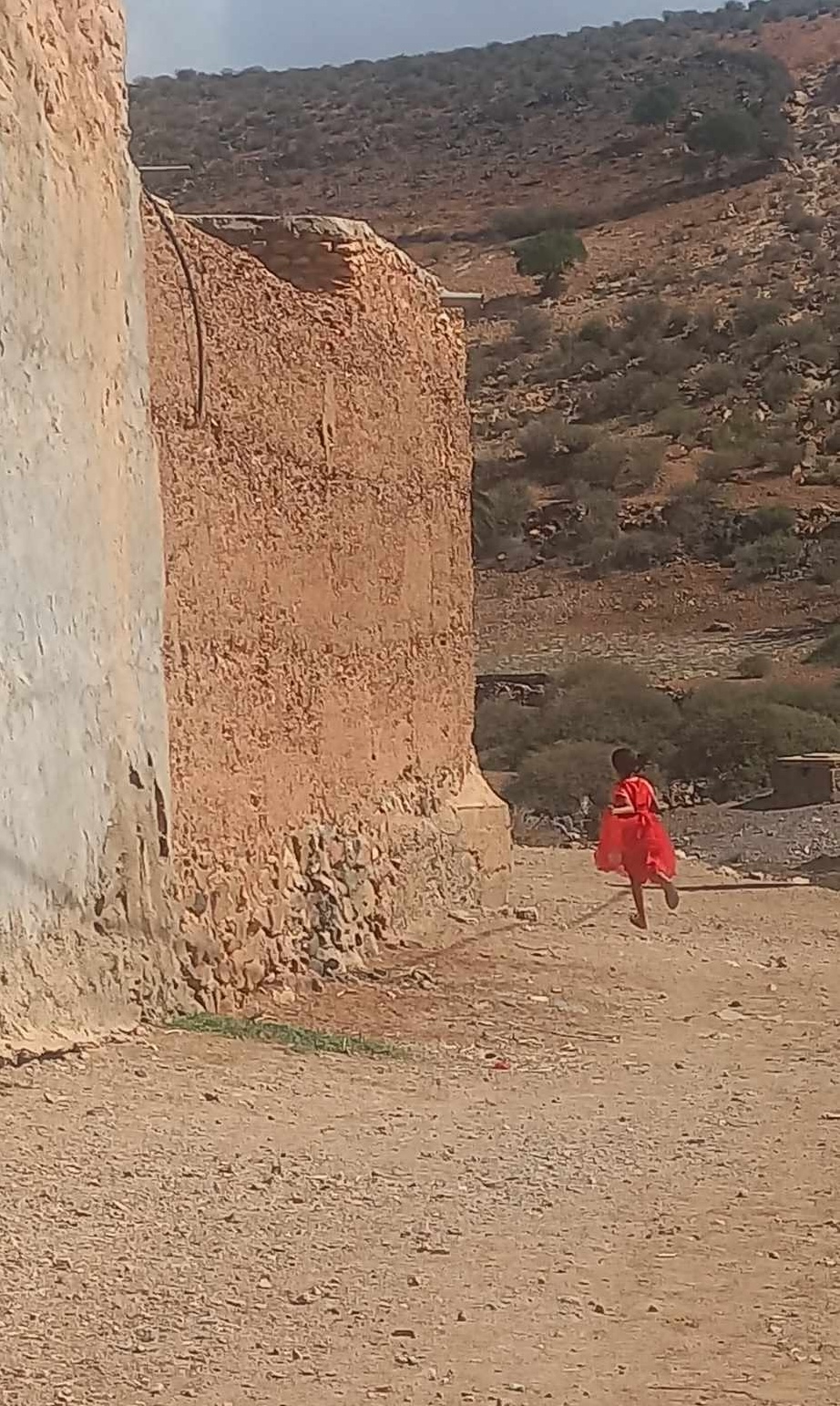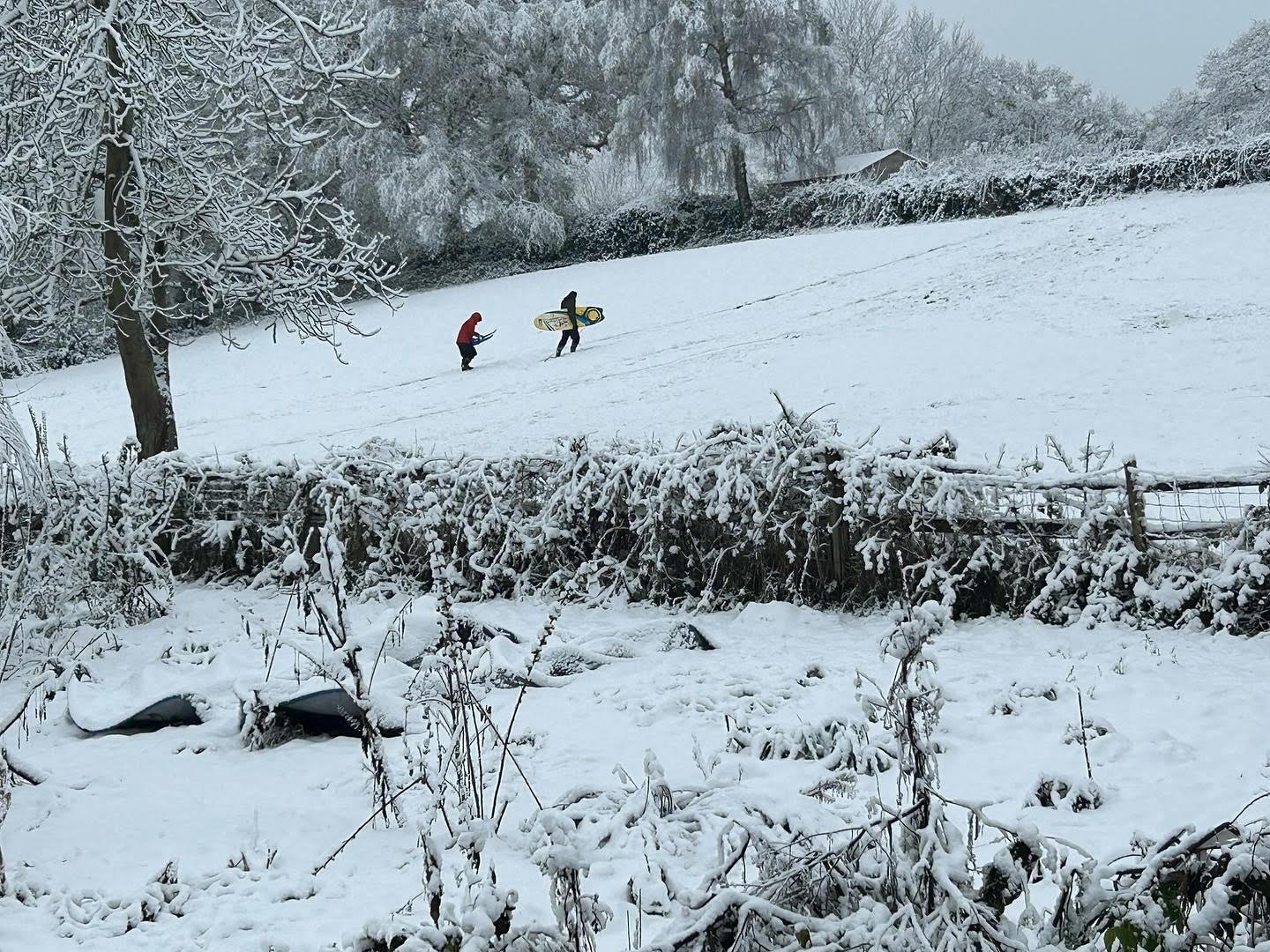
Part of a 2004 description of our unschooling home, when three kids and their friends were here:
They come here and we’re working a puzzle or building something and they’ll get into that, too. It’s fun. We do things that are just fun. You can hardly walk by without picking it up and messing with it, too.
Sometimes, someone—my husband and one of the kids—will be doing something in one room and in the next room, some other friends are over and they are playing a video game and in another room or outside, another kid and somebody else are doing something else.
That also is the idea of the open classroom. Their ideal was not to be sitting at desks reading but to sit in a soft place, in a dark place, in a private place or wherever you wanted to, to read. So they tried to have interesting places where kids could get away from the other kids.
Sound file and transcript, of "Improving Unschooling" interview:
photo by Destiny Dodd, of Kirby Dodd and their daughter, Kirby Dodd.






